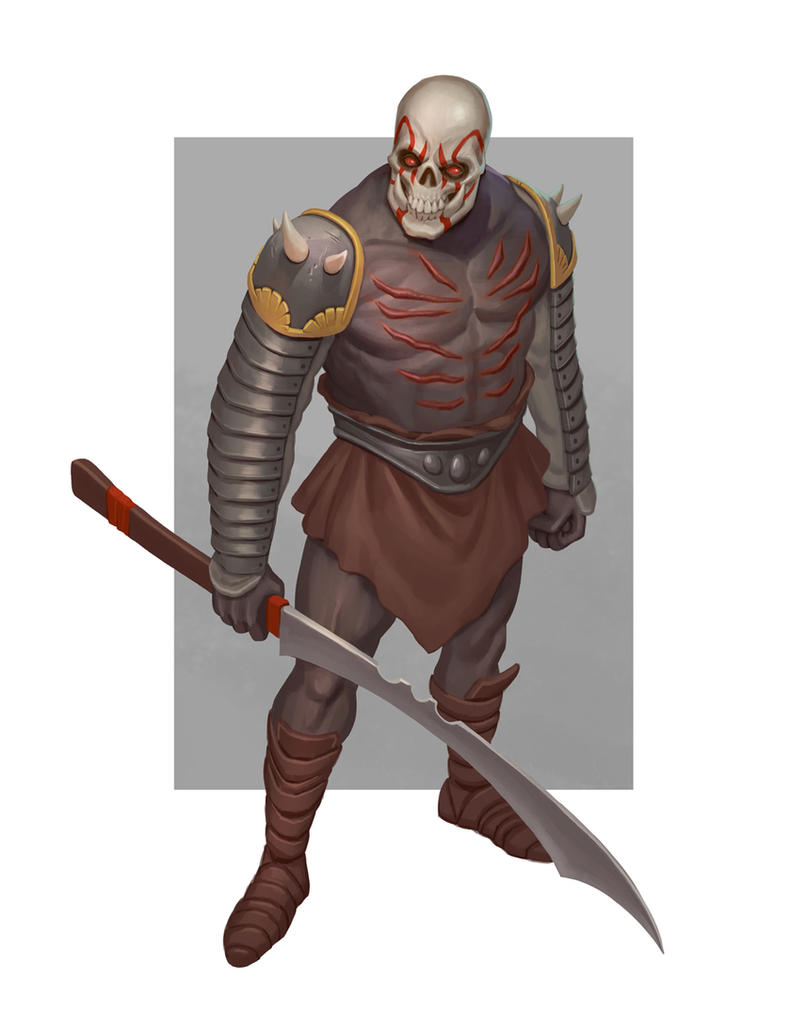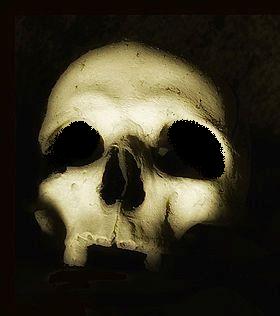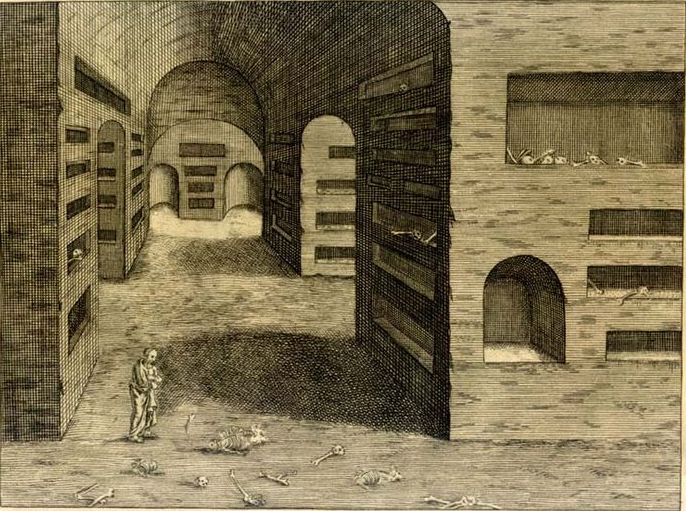
Names and epithets: The Selfslayer, Akhlys,
The Falxer, Moros, Anaplekte, Munus Ak'ludi Rex.
Alignment: LN Domains: Death e Grave
Symbol: falx
Among the oldest of the northern gods, his worship began during the
amaranthine height. The ancient amaranthines had a tradition to
celebrate their ancestrals with death matches among slaves. As time
passed, this became a custom to honor the soldiers fallen in battle with
fights among gladiators drafted from conquered peoples. Such was the
case with the hobgoblins, except for an unknown individual, which
instead of giving in to the courage and iron of amaranthine veterans,
overwhelmed them with ingenious and amazing barbarities. This affronted
the very core of the amaranthine civilization, and so numerous warriors
and beasts were sought to kill the gladiator. Archers, rhinos,
megatheriums, demons and people maddened with promises of riches, blood
and renown. The gladiator executed all of them, becoming feared and
revered in equal measure, shaming the aristocracy and inspiring the
slaves. Unbeaten for years, his apex was to slay a beast from far lands
called Tartaran Boar.
After some moments, he jugulated
himself. The shock of seeing the invincible gladiator committing suicide
dazed the whole arena. Soon came whispers and hearsay, of how this
warrior was death incarnate, so fatal that only he could kill himself.
This belief spread, catalyzing his glory into true apotheosis.

Oh, the sheer irony of the god of death being forced to be such, like if he continued to be a slave, even nowadays. If you think this is bullshit, tell me: Have you ever seen any mention of Carnificius wishing to be a god when he slayed himself?
-Kerviridi, gravedigger at the Chouette fiefdom
Became Carnificius, god of death. A giant hobgoblin, of tattered
trousers and a chest striped with long red scars. His face is wholly
tattooed in white, perfectly defining the bone underneath, in contrast
to dark and empty eye sockets which still can target precisely where to
cut with his falx, itself capable of beheading a dinosaur.
Just as the gladiator had fans and enemies, the present deity is
hated and loved: to most of the northern empire, is to be feared, and
his ghastly and goblinoid appearance matches the universal rejection of
death. However, to the empire's slaves, many of which are goblinoid
themselves, Carnifex is a watchful punisher, providing them with revenge
when the empire ignores injustice. A tale which scares a few and lulls
others is how the maganchos, Carnificius's secret thralls, can emerge from
the darkness within water wells, using hooks to drag the unjudgeable to
the arena where Carnificius will make them pay for their crimes.
Strigil
This tale is singularly uncanny because of four facts: the loathing
towards death obliges the empire to employ public slaves to maintain
graveyards and public catacombs; these very slaves clean and prepare
corpses for burial with small, sharp curved tools called strigils; Carnificius's cult trains the thousand of executioners employed by fiefdoms
and imperial cities; and public slaves are used to inspect and repair
aqueducts throughout the empire. Some combine these details into proof
that there's a secret organization of assassins and vigilantes.
Another duty of the cult is to keep "dead" places, namely, which
became deserted after disaster, disease or warfare, and convert them
into necropolis. Walls become headstones, basements are connected as a
single vault, and this way an empty village may still shelter the
lifeless. Each necropolis must have at least one priest to guard,
appease and look after the dead. A necropolis must be examined every ten
years, to check if the dead may let the living come back.






Nenhum comentário:
Postar um comentário